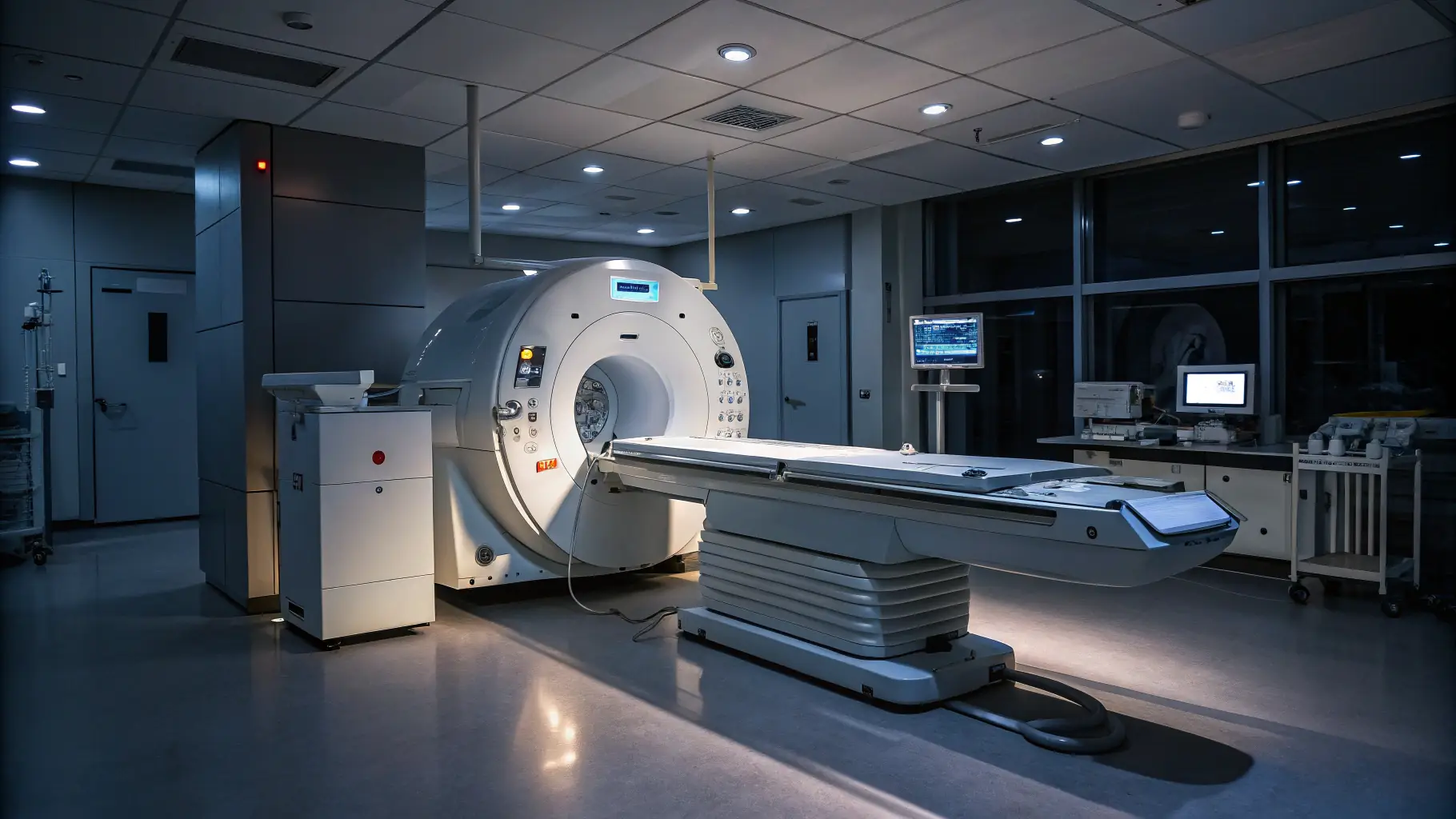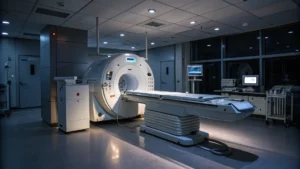The management of radiation doses is critical in healthcare settings, particularly for occupational radiation workers and patients undergoing various radiological examinations, including cardiac and neurointerventional procedures, as well as CT scans. Effective radiation dose management is essential not only for ensuring the safety and protection of healthcare professionals but also for minimizing patient exposure to potentially harmful radiation.
In interventional radiology, particularly in cardiac procedures, the complexity and duration of fluoroscopy can lead to significant radiation doses for both patients and staff. As the number of procedures increases, so too does the concern regarding occupational exposure among medical staff. The Society of Interventional Radiology and the Cardiovascular and Interventional Radiology Society of Europe have outlined that a proactive approach to radiation protection that incorporates comprehensive dose management programs into departmental quality assurance practices is necessary to mitigate these risks .
Patients undergoing procedures such as coronary angiography, catheterizations, or neurointerventional techniques are subject to varying radiation doses depending on the complexity and length of the examinations . These procedures often involve extended periods of fluoroscopy, leading to higher radiation exposure, particularly when performed in hybrid operating rooms that integrate multiple imaging modalities . Guidelines suggest that significant doses, defined by various threshold values (e.g., peak skin dose > 3,000 mGy), warrant careful monitoring and follow-up .
In contrast, routine radiographic procedures typically expose patients to comparatively lower radiation doses. While traditional radiography is vital for diagnosis, it is essential to balance the necessity of such imaging with patient safety. Recent advancements in radiographic technology have focused on dose optimization techniques, allowing for high-quality images to be obtained at lower exposure levels . These techniques include the use of dose modulation and adaptive radiographic protocols to ensure that patients receive only the essential amount of radiation required for adequate imaging .
Overall, the significance of radiation dose management cannot be overstated. With the advancing complexity of procedures in interventional radiology, stringent measures must be implemented to protect both patients and occupational radiation workers from the adverse effects of radiation. By fostering a culture of radiation safety and employing cutting-edge dose management techniques, the medical community can enhance patient care while safeguarding the health of healthcare professionals involved in high-dose imaging environments . Ultimately, prioritizing dose management is a fundamental aspect of modern radiological practice, ensuring that the benefits of diagnostic and interventional radiology are realized without compromising patient or worker safety.
OncoRace LLC-FZ, Dubai team can assist you in managing and optimizing your radiation Dose management needs, Please feel fee to contact us at email:info@oncorace.com




